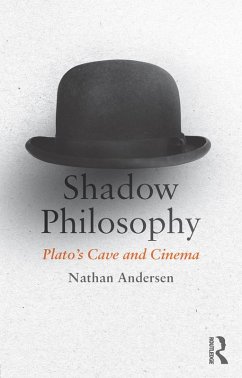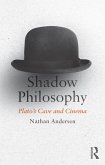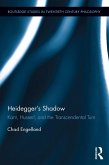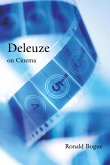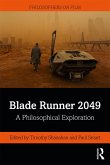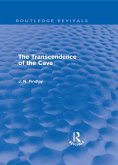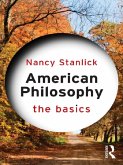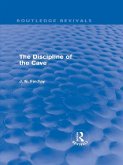Dieser Download kann aus rechtlichen Gründen nur mit Rechnungsadresse in A, B, BG, CY, CZ, D, DK, EW, E, FIN, F, GR, HR, H, IRL, I, LT, L, LR, M, NL, PL, P, R, S, SLO, SK ausgeliefert werden.
'A well-needed step in the path of film-philosophy, both in terms of methodology and content. Andersen explores the shockingly uncharted depths of the most commonly used philosophical analogy in film theory, and demonstrates the value of exploring a single film in great textual detail and with exceptional analytic care.' - Hunter Vaughan, Oakland University, USA
'An absolutely necessary addition to the literature on A Clockwork Orange and The Republic. Andersen's book allows students and scholars alike to be 'active witnesses' not only to Plato and Kubrick but to what it means to explicate the texts of our vision, action, and desire. I foresee scholars having to acknowledge their indebtedness to Andersen for opening up new avenues of interdisciplinary work.' - Peter Costello, Providence College, USA
'Andersen provides an introduction to philosophy and film via an examination of Stanley Kubrick's film A Clockwork Orange through the lens of Plato's Republic (principally Books VII and X). Alternating between the film itself and Plato's dialogue, the chapters cover a range of topics from basic film concepts to "the conditions of cinematic intelligibility" and questions of justice, freedom, and tyranny. ... [T]his would be a good introductory text for philosophical film studies classes. ... The book includes lists of suggested films and readings, a ten-page glossary of names and terms, and a brief book-by-book summary of the Republic. Summing Up: Recommended.' - Charles D. Kay, CHOICE

